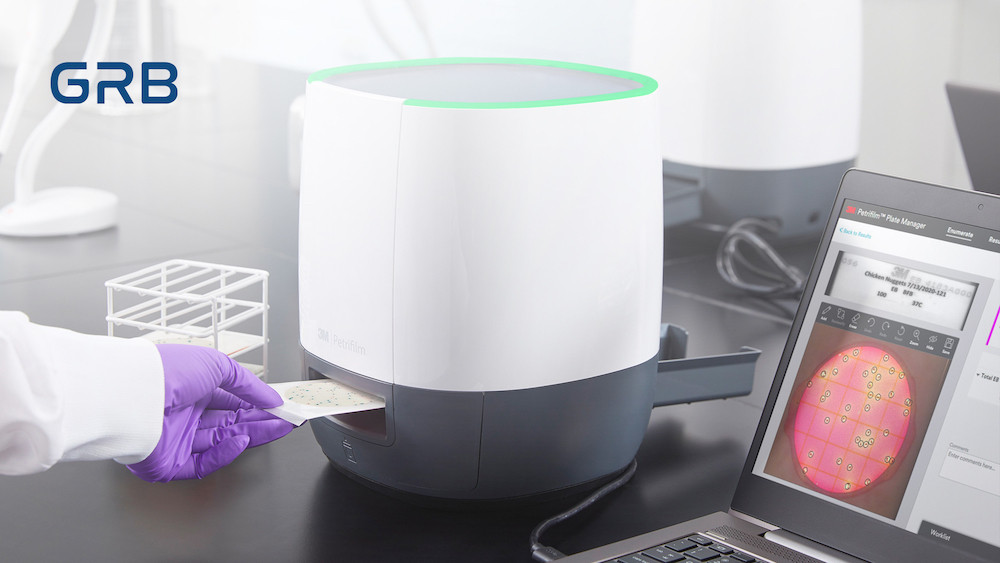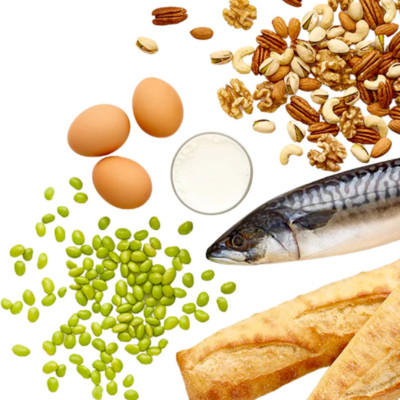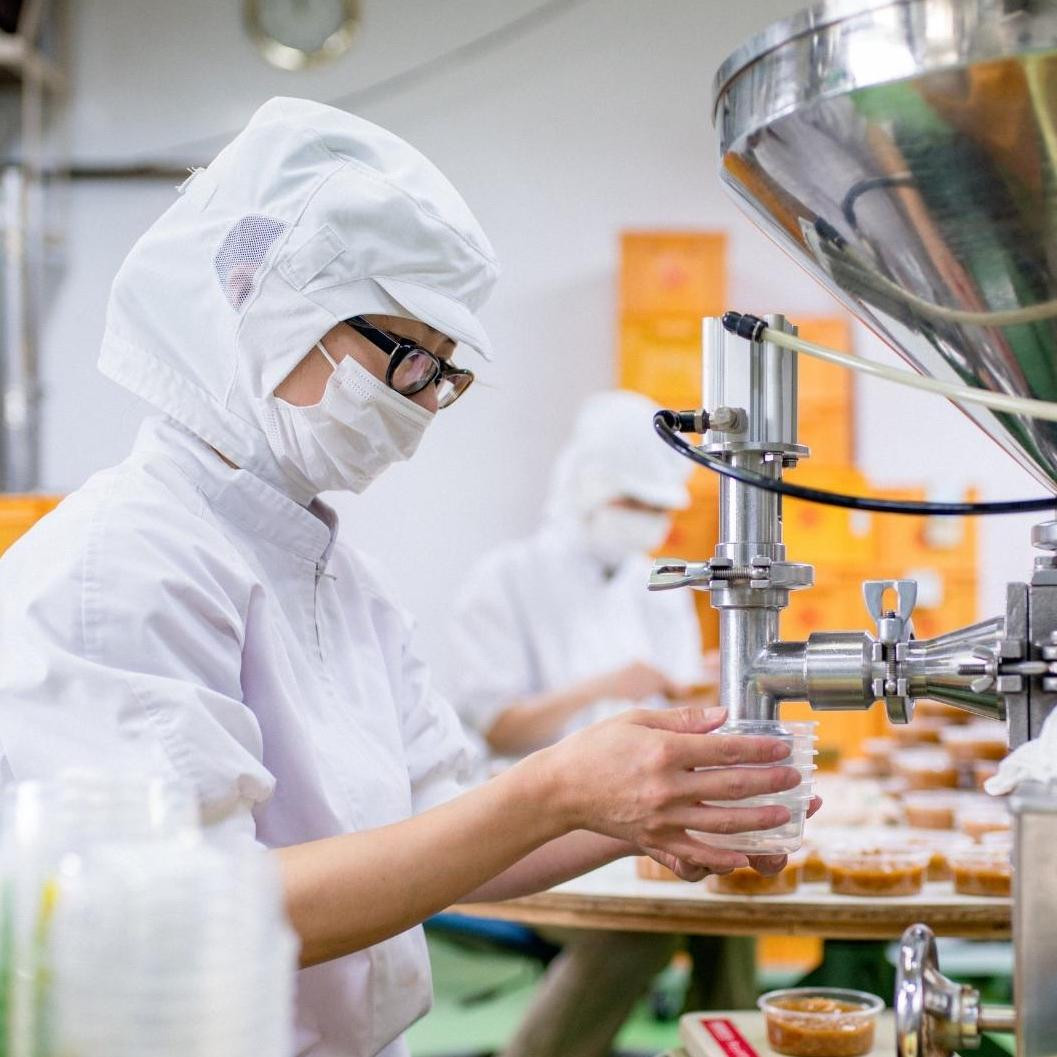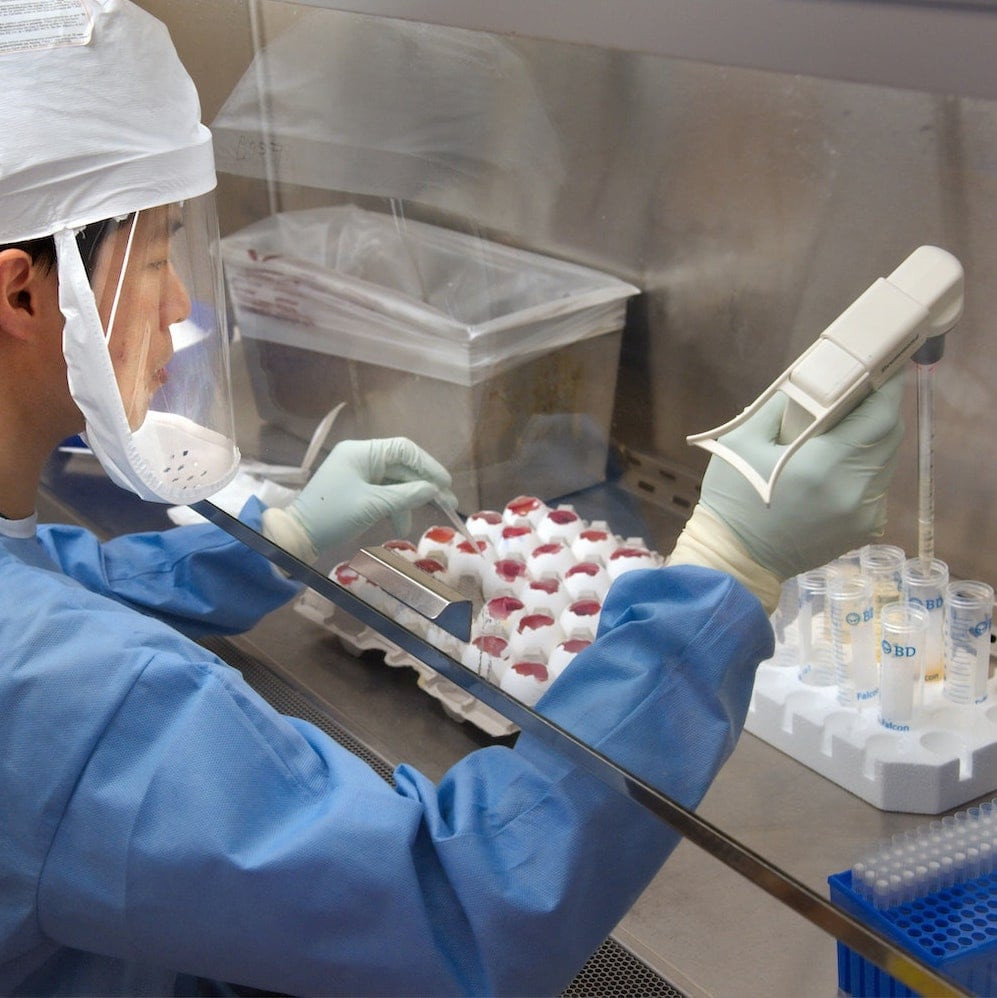Sustainability’s importance in today’s food manufacturing industry
March 21, 2023

The ever-pressing need for sustainability impacts all industries today, from the architectural and energy sectors to transportation, and of course, food production and processing. Although practicing sustainability hasn’t been a priority in these industries, the effects of environmental change in recent years had an immense impact on all sectors. As attitudes shift in favor of sustainability, companies are beginning to be more conscious of their carbon footprint, reducing unsustainable practices that are detrimental to the environment.
Whether it’s pivoting to eco-friendly packaging or reducing water use, there are various ways to slowly but surely make the change toward a more sustainable future.
Consumers inspire businesses to implement sustainable practices
Sustainability has become a priority for consumers. Cargill’s piece on “Consumers are Driving Food Manufacturers to Focus on Environmental Sustainability” mentions how the number one food trend in 2018 is making “mindful choices.” According to an article by Technia, “73 percent of consumers are willing to change their purchasing habits to improve the environment”. Consumers have become more aware of how their actions and purchasing habits affect the environment and expect food manufacturing companies to offer more ethically-sourced products.
Going the sustainable route has become non-negotiable. Large food corporations, namely Nestle and Unilever, have joined forces to address environmental issues through the Sustainable Food Policy Alliance. It aims to enforce public policies that promote healthy consumption, community-building, and eco-consciousness.
Sustainability is in food manufacturing’s future. The food industry is beginning to understand how its current practices impact the environment as a whole and is beginning to implement changes.
Food production can be eco-conscious
While it is vital to consider and prioritize production costs, now more than ever, it is imperative for companies to implement and practice better, more effective sustainability protocols and standard procedures.
From pathogen and allergen testing to sample collection and everything in between, finding ways to reduce their environmental impact, through water reduction or cutting down testing time, is essential for food manufacturers moving forward.
3M’s 2021 piece on “How Food Microbiology Contract Labs Can Drive Sustainable Impact” mentions how contract laboratories are heavily relied on by partner food manufacturers for testing and can help propel sustainability efforts by implementing food safety testing that reduces water waste and carbon emissions.
Sustainability has been paramount at 3M since the 1970s and continues to be a core value of the company's operations. This manufacturing conglomerate contains a great catalog of quicker and more sustainable testing methods. One way to take the eco-conscious route is to test using the better alternative 3M Petrifilm Plates, instead of using conventional methods like Petri dishes. This simple switch reduces waste by 66 percent, saves energy by 76 percent, and uses 79 percent less water during the testing process without sacrificing efficiency and accuracy. The same article by 3M mentions how their customers avoided emitting 16.6 million metric tons of carbon dioxide equivalents by using such films and food safety products. With such technology, becoming eco-conscious in the microbiology industry has proven to be possible.
Another example is in terms of utilizing sustainable product packaging. Because of its environmental impact, companies are starting to veer away from plastic packaging like bags and containers. Plastic is primarily used because of its durability. It also prevents bacteria from entering and contaminating food. Although a low-cost material, it does the environment more harm than good.
According to The Impactivate, food producers are looking into other eco-friendly alternatives to reduce their carbon footprint. Bioplastics are a good example. They are created using biological materials like potato starch and sugarcane, which decompose in a fraction of the time it takes compared with conventional plastic.
It is time to go the sustainable route moving forward
Food companies shifting to processes that boost sustainability in their day-to-day practices can seem like a massive undertaking. However, it is possible, especially by taking internal and external initiatives. By cutting back on consumption, and replacing existing materials with ecological options, corporations can be well on their way to developing more environmentally friendly solutions. The road to fully implementing sustainability may take time and resources, but it is worth the effort to pave the path towards a better and greener future for consumers and manufacturers alike.
References:
- 3M. (2022, January 27). How food microbiology contract labs can drive sustainable impact. 3M Food Safety News. Retrieved May 31, 2022, from https://food-safety-news.3m.com/fsn/how-food-microbiology-contract-labs-can-drive-sustainable-impact/
- Hester | 8 hours ago, J., Brooke | 5 days ago, S., & Field | 1 week ago, A. (2020, November 16). How sustainable food technology is shaping the future of food. Impactivate. Retrieved May 31, 2022, from https://www.theimpactivate.com/food-tech-from-farm-to-table/
- Technia. (2020, July 24). Which industries are leading sustainable innovation in 2020? TECHNIA. Retrieved May 31, 2022, from https://www.technia.com/blog/which-industries-are-leading-sustainable-innovation/
- Cargill. (n.d.). Consumers are driving food manufacturers to focus on environmental sustainability. Retrieved June 7, 2022, from https://www.cargill.com/salt-in-perspective/food-manufacturers-focus-on-environment-sustainability
- ESG information. 3M. (n.d.). Retrieved March 9, 2023, from https://investors.3m.com/about-3m/esg-information/default.aspx#:~:text=3M%20has%20a%20long%2Dstanding,our%20ambitious%202025%20Sustainability%20Goals.
Other Articles:







